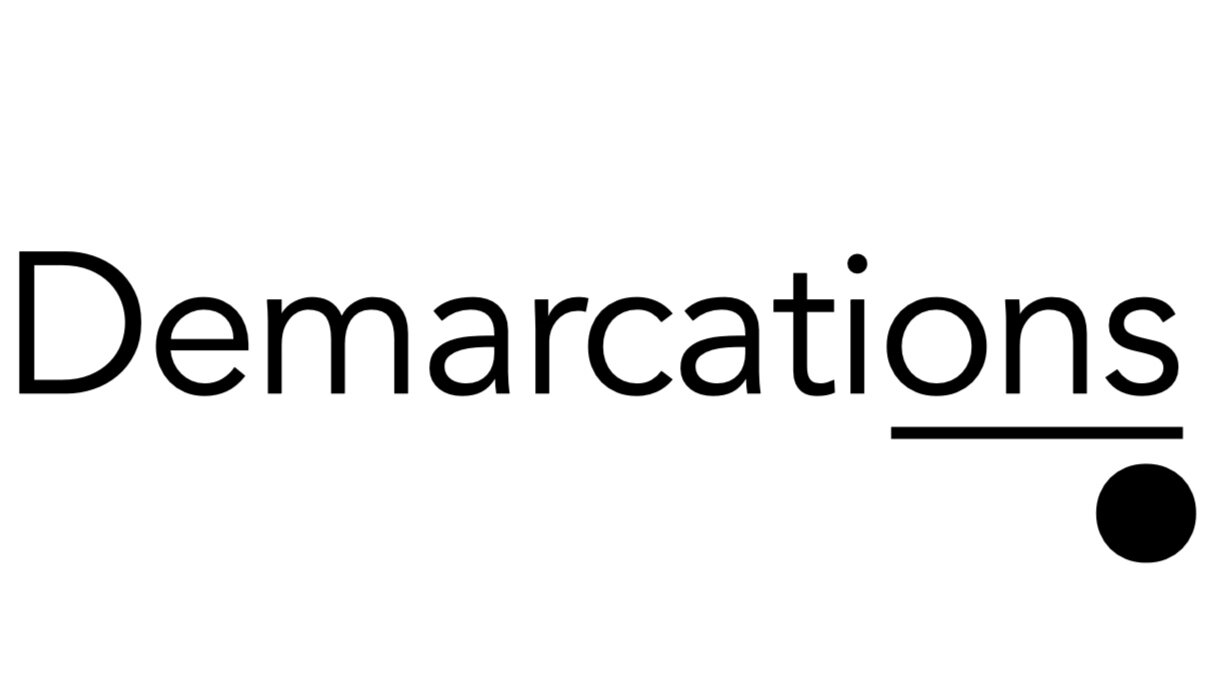The taboo on facial recognition technology is eroding. And a new app called Clearview is increasingly being used by law enforcement and garnering attention. The New York Times reports:
Police departments have had access to facial recognition tools for almost 20 years, but they have historically been limited to searching government-provided images, such as mug shots and driver’s license photos. In recent years, facial recognition algorithms have improved in accuracy, and companies like Amazon offer products that can create a facial recognition program for any database of images.
Mr. Ton-That wanted to go way beyond that. He began in 2016 by recruiting a couple of engineers. One helped design a program that can automatically collect images of people’s faces from across the internet, such as employment sites, news sites, educational sites, and social networks including Facebook, YouTube, Twitter, Instagram and even Venmo. Representatives of those companies said their policies prohibit such scraping, and Twitter said it explicitly banned use of its data for facial recognition.
Some commentators view this as having crossed an ethical line and we should now ban facial recognition technology altogether.
Of course, the software would never work without the de facto cooperation of social media companies and all of us who freely share our images with them. This particular software apparently works so well because it has a much larger database of images as compared to the FBI and other law enforcement agencies.
There’s an irony of law enforcement solving crimes using what is, arguably, stolen property of those who intended to shared an image with their friends.
Update: Facebook’s own facial recognition technology remains in the courts. Via The Hill:
The Supreme Court on Tuesday declined to take up a high-profile court battle over whether users can sue Facebook for using facial recognition technology on their photos without proper consent.
The high court rejected Facebook's bid to review the case, meaning the social media giant will likely have to face the multibillion-dollar class-action lawsuit over whether it violated an Illinois privacy law.
The case, Facebook vs. Patel, hinges on a question over whether Facebook violated Illinois law when it implemented a photo-tagging feature that recognized users' faces and suggested their names without obtaining adequate consent. Facebook argued to the Supreme Court that the class-action case should not be allowed to proceed because the group of users have not proven that the alleged privacy violation resulted in "real-world harm."
Further Update: The New York Times reports that Facebook to agreed to pay $550 million to settle the facial recognition suit.
